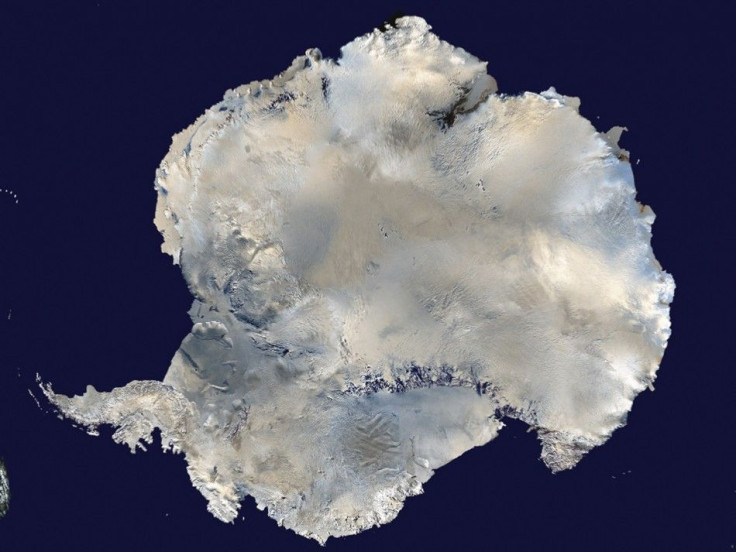One Of The Largest Glaciers On Earth Melting Due To Global Warming

Australian scientists have found that global warming, which was warming up the water in the oceans, was causing the Totten Glacier, one of the largest glaciers on Earth located off the coast in Australian Antarctica, to melt. This would potentially result in a rise in sea levels.
According to ABC News, Totten is twice the size of Victoria and measured 538,000 square kilometres. The glacier could hold enough water that it could raise the sea levels by about 6 metres.
Aurora Australis is an Australian icebreaker that was launched in 1989 to support the Australian bases in Antarctica as well as for the research cruises in the waters of the continent. Recently, the icebreaker returned to Hobart from the continent. It had carried a team of 23 scientists who collected the first water samples from near the glacier with the help of a new technology.
Dr Steve Rintoul is a physical oceanographer at the Commonwealth Scientific and Industrial Research Organisation(CSIRO), a national agency in Australia as well as one of the largest research agencies in the world. Rintoul said that the results from their study showed that glacier is melting due to the sea water underneath it. He explained that the the measurements from the water that they collected gave evidence that the warm water reached the glaciers and could be the reason for the melting of the glacier from below.
It has been reported that the glacier had been thinning in the last 15 years. Rintoul said that the scientists earlier were of the belief that the glaciers located in east Antarctica were unlikely to be affected by the water in the ocean as it was a distance from the warm ocean waters. He explained that the fact was that the change in the glaciers was something new and they had earlier thought that the glaciers were stable and would not change.
According to Rintoul, it was too soon to say if the melting of the glacier was a result of global warming. He said that their observations could not tell how things had changed over time. His reason was that it was the first time that measurements were made in that area.
Contact the writer: afza.kandrikar@gmail.com





















